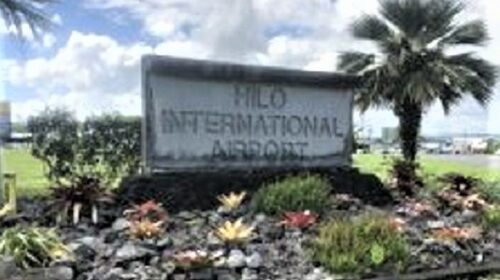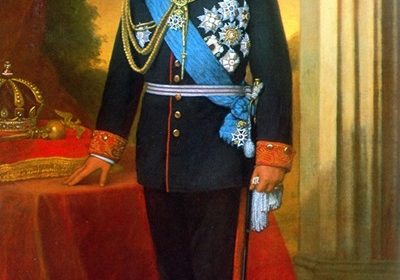Embassy Suites by Hilton Waikiki Beach Walk Unveils Historic Hawaiian Art Collection
The nonprofit Hawaiian Legacy Reforestation Initiative (HLRI) and Embassy Suites by Hilton Waikiki Beach Walk have today unveiled a historic one-of-a kind Hawaiian featherwork collection, “Ahu ‘ula O Kahekili.”
Created by renowned Hawaiian featherwork artist Rick San Nicolas, the cloak and helmet of Hawaiian High Chief Kahekili was inspired by the painting “Aha ‘ula O Kamehameha Kunuiākea” by Brook Kapukuniahi Parker, artist and Hawaiian historian. San Nicolas is one of only a few known practicing ancient Hawaiian featherwork artisans in the world.
Kahekili was born in Hāli’imaile on the island of Maui. His father was Kekaulike Kalani-nui-Kui-Hono-i-Kamoku, the 23rd Mo’i of Maui. His mother was Kekuiapoiwa-nui- Kalani-Kauhihiwakama Wanakapu (Kekuiapoiwa 1, half-sister of Kekaulike). He lived from 1737 – 1794. It is believed that he was the biological father of King Kamehameha the Great.
Commissioned by HLRI, this set is the 5th in a series of 14, representing each of the Hawaiian leaders depicted in “Aha ‘ula O Kamehameha Kunuiākea.” This set will be on permanent display at The Embassy Suites by Hilton Waikiki Beach Walk on Oahu, housed in a museum-quality custom koa case created by award-winning wood artisan Alan Wilkinson.
The cloak of Kahekili measures 65 inches in length and 84 inches in width at its base and contains approximately 27,000 individual Lady Amherst Pheasant feathers, in addition to nearly 30,000 feathers from the Chinese Golden Pheasant and over 4,000 natural black rooster tail feathers (which represent the Manu ‘Iwa). The crescent-shaped helmet features approximately 24,000 feathers. All feathers were ethically sourced as a biproduct of pheasants harvested for food. Each piece is hand-woven by San Nicolas in keeping with traditional artisan methodologies from ancient Hawaiian history, taking a total of 2,800 hours to complete.
“We are excited to partner with the Hawaiian Legacy Reforestation Initiative to provide our guests with unique and enriching experiences that reflect Hawaii’s diverse culture and history. This endeavor lines up with one of our brand and ownership core values of bringing back a sense of place in Waikiki”, said Simeon Miranda, general manager of Embassy Suites by Hilton Waikiki Beach Walk.
“No known featherwork pieces or depictions exist of Kahekili’s full cloak, so I spent months researching the design around the back that correlates with the front sections shown in Brook Kapukuniahi Parker’s painting,” San Nicolas said. “One reference I did find in a book states that Kahekili may have been on the battle field when Captain Cook was killed at Kealakekua Bay. I sought advisement from experts at the Bernice Pauahi Bishop Museum in Honolulu when starting the collection. It is such an honor to work on this project, and it represents a critical continuation of Hawaiian featherwork. Few modern pieces of this type are available to the public, and it is estimated in historic accounts that there are less than 30 ancient Hawaiian featherwork cloaks in existence worldwide.”
In ancient times, these prized pieces were worn into battle and at important events by Hawaiian chiefs and leaders. They were made from the feathers of birds, including the ‘I‘iwi (Hawaiian honeycreeper) and the ‘Ō‘ō, an extinct bird that had yellow tufts of feathers under the wing and near the tail.
These reforestation efforts have reestablished critical habitat for many of these endemic Hawaiian species, some of which are endangered. This ongoing feather work collection provides an important link between Hawaiian history and our efforts to preserve these rare forests for future generations.
HLRI is working closely with Legacy Partners like Embassy Suites by Hilton Waikiki Beach Walk along with an army of awesome volunteers to plant 1.3 million rare native and endemic Legacy Trees. To date, more than 550,000 of these trees have been successfully planted.
Watch the cloak creation in a 1-minute time-lapse video.




